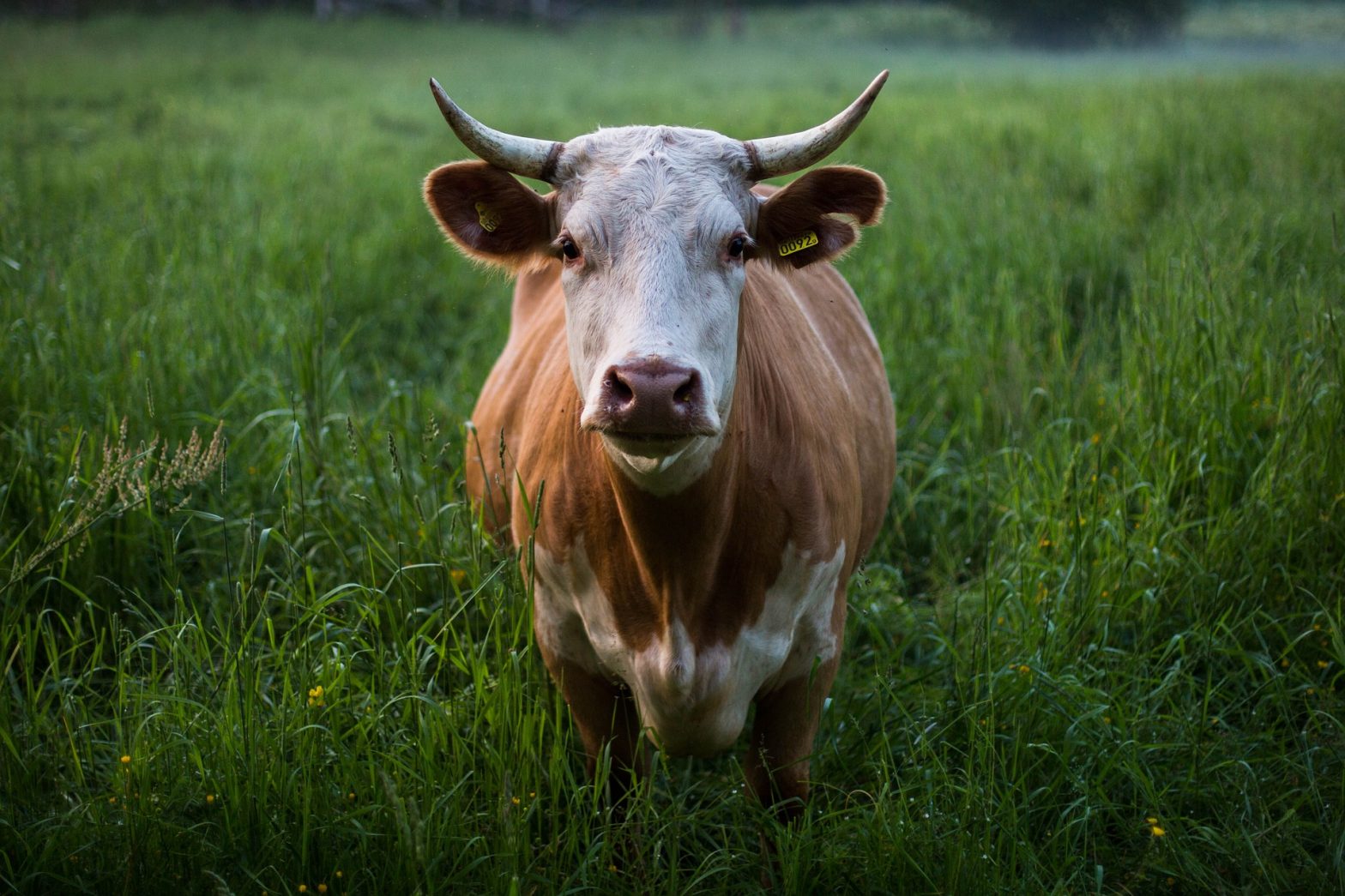By Jana Moritz, Hanna Tuomisto, Toni Ryynänen
Alternative plant-based protein sources have become a commonplace. The next big thing will be real animal foods cultivated in bioreactors. Will they? We asked how German politicians anticipate the innovation potential of cellular agriculture.
Novel food production innovations are needed: the world population is predicted to grow up to almost ten billion people, the climate crisis pressurises the global food systems and the current agricultural practices are facing the increasing sustainability demands. While alternatives to animal-based products are already on the market, novel food production innovations such as cellular agriculture and cultured meat are developed. Cellular agriculture uses cell-culturing technologies to produce animal products such as cultured meat, milk protein casein or chicken egg white protein ovalbumin without compromising the environment or the wellbeing of farmed animals. The first cultured meat product was accepted on the consumer market in Singapore at the end 2020 A limited amount of cultured chicken nuggets are offered to consumers in a local restaurant.
Cultured food products need to pass strict regulatory processes before entering to Western consumer markets. Although regulations such as Novel Food legislation in the European Union are quite straight forward processes, politicians and policy actors can influence the public opinion. They set societal agendas, act as ambassadors for various endeavours and partly steer the usage of public funding. They are also able to start or advance development and assessment projects for or against cellular agriculture, occupy a vantage position in societal processes such as drafting laws and regulation on a regional, state and European Union levels. In addition, their work includes advancing group’s interests through direct and indirect lobbying as well as negotiating or bridging the views of disagreeing stakeholders. These characteristics make political and policy stakeholders into influential groups in employing identified drivers and transformation bottlenecks to the potential of cellular agriculture in their activities.
We interviewed thirteen German political and policy stakeholders for assessing how they anticipated the potential of cellular agriculture to transform the current agricultural system in Germany. These informants represent the views of significant groups such as the German political parties that can influence both the development of and general attitudes to cellular agriculture. We utilised a framework of transformative innovation potential to analyse the interviews (see Figure 1). All the informants had heard about cultured meat, yet each perceived transformative potential of cellular agriculture differently. Everyone indicated that their organisations did not have an official stance or a clear position about cellular agriculture or cultured meat. However, they anticipated several drivers and bottlenecks for the development of cellular agriculture.

Figure 1. A general framework for analysing transformative innovation projects and policies. Source: Schot, J., Daniels, C., Torrens, J. & Bloomfield, G. 2017. Developing a Shared Understanding of Transformative Innovation Policy. TIPC Research Brief, 2017-01.
The drivers of cellular agriculture could advance progress and therefore increase its transformative potential. The German political and policy stakeholders anticipated that products of cellular agriculture will potentially expand the protein options available for consumers in the future, but technological production processes need to be communicated early and transparently to the consumers. They perceived that supply chains and retailers could advance the development: multinational companies entering to cellular agriculture should not be perceived only as a threat to conventional livestock production, but big retail companies could help and advance the development of cultured products with their market power. They also listed several external benefits that could drive the development of cellular agriculture such as reduction of greenhouse gas emissions from livestock production increased farm animal well-being, improved world food situation and provision of healthier options than conventional meat.
The bottlenecks represent themes that could slow down the development of cellular agriculture and therefore reduce its transformative potential. The political and policy stakeholders anticipated that current agricultural practices and actors involved in the conventional meat sector could hinder the progress of novel food development in Germany. In addition, they identified unfavourable prospects for cellular agriculture such as increasing demand for plant-based products that would be alone sufficient to transform the current food system. The informants listed potential societal threats that development of cellular agriculture could create: disadvantages for the livestock farmers and small businesses, decline of rural livelihoods and the fear of multinational companies taking over the development of cultured meat.
Although the development of cellular agriculture is still at an early stage, the advocates of the emerging sector anticipate potential in novel food technologies to transform the meals to come: a recent state of the industry report lists over 70 companies developing cultured meat and significant increases in investments. However, development of cultured meat faces several technological, profitability and societal challenges that are related to composition and price of growth medium, scalability of bioreactor technologies, food safety and consumer acceptance issues. The political and policy stakeholders in Germany doubted the feasibility of cultured meat and anticipated that cultured products will probably be just an addition to the food market in the future rather than a full-blown transformative movement.
This blog post is based on the authors’ recent research article published in the Journal of Rural Studies.
Jana Moritz is a Doctoral Researcher at the Ruralia Institute and a member of Helsinki Institute of Sustainability Science (HELSUS), University of Helsinki
Hanna Tuomisto is an Associate Professor in sustainable food systems at the Department of Agricultural Sciences and a member of Helsinki Institute of Sustainability Science (HELSUS), University of Helsinki
Toni Ryynänen is a Senior Researcher at the Ruralia Institute and a member of Helsinki Institute of Sustainability Science (HELSUS), University of Helsinki

